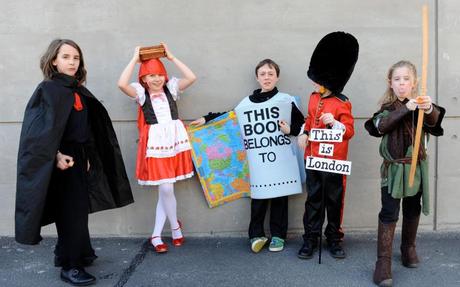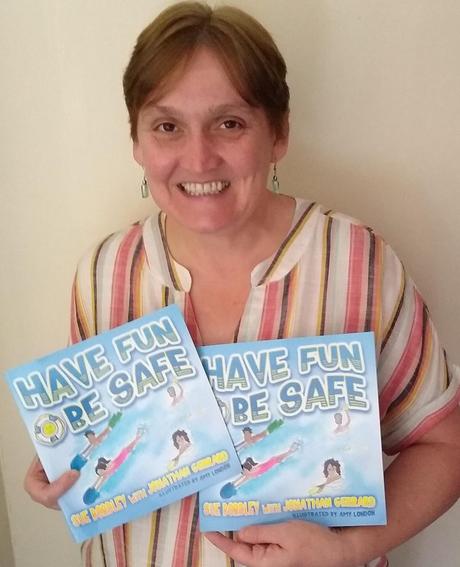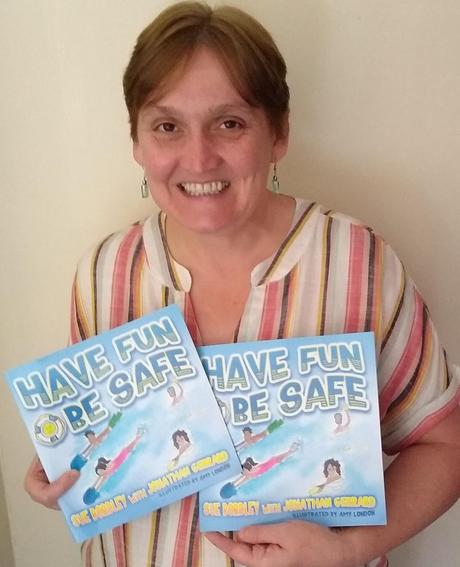
If you've stepped into a supermarket lately, you may have noticed the annual explosion of weirdness and color on the clothing bars, which can only mean one thing: World Book Day is just around the corner. A Very Hungry Caterpillar costume that your toddler will outgrow both physically and intellectually by next year? That will be £17. An outfit from that famous novel ToyStory? If you buy it at full price, it can cost €15.
No wonder this worthwhile effort to encourage reading now tends to provoke collective groans. Not because World Book Day's mission to promote books among young people is not commendable: it is difficult to think of a better habit than reading to our children. Every year, 15 million book vouchers are sent to children to buy one of the specially released World Book Day titles or get £1 off another book. But somewhere over the years since this laudable event was created by UNESCO in 1995, the cosplay element seems to have taken over. And the parents' loss is, as always, very much Amazon's gain.
Katie Roberton from Bournemouth is an artist, but like the non-artists among the people, she baulks at the idea of putting together an elaborate Willy Wonka outfit that you can wear once and then throw away. And so, like many, she has resorted to buying a costume online every year for her son, who is now 12.


"It's such a waste of money," she says. "I have to go straight to Amazon and buy some complete junk that I'll wear once and then sit in the closet for three years. We already have enough at home."
Especially in these difficult times, she believes this simply puts too much financial pressure on parents: "I don't have the money, I'm really struggling at the moment, but I still buy something when I have to," she says. say. "My son would feel like an idiot if he wasn't dressed up."
She prefers the idea, put into practice by a number of schools this year, of inviting children to come in comfortable clothes.
The story continues
Felicity Hannah, Radio 4's presenter Money Box Live, is among those whose childhood schools have gone this way. "Due to the cost of living, instead of going to school dressed up, we are having a Get Comfy and Read day," her sons' school told parents. "I love it!" Hannah wrote on Twitter/X. "The MONEY the parents will save and the WASTE that will be avoided."
Email from my boys' school about World Book Day. Due to the cost of living, "instead of coming to school dressed up, we're having a 'Get Comfy and Read' day." Home clothes and something comfortable.
I love it! The MONEY the parents will save and the WASTE that will be avoided pic.twitter.com/8lTbWYRTo7- Felicity Hannah (@FelicityHannah) February 19, 2024
Roberton, founder of ceramics company Outlandish Creations, agrees that this is preferable. "I think it would be better if parents didn't have to buy an outfit for any occasion, whether it's leaving kindergarten or prom," she says.
It's difficult to pinpoint exactly when World Book Day, first introduced in Britain and Ireland in 1997, transitioned from a celebration of reading to the collective donning of Marvel superhero costumes. Because while the national costume is the element that brings joy to children, it is also the part that makes parents desperate - and which arguably deviates from the value of the day itself.
In 2020 alone, more than a million £1 books were donated in Britain and Ireland in just five weeks. Of children who received free school meals, more than one in five said the book they bought with their World Book Day tokens was the first book they owned. About 66 percent of primary teachers said World Book Day has changed reading habits. In short: it makes a difference.
As Helen Tamblyn-Saville, owner of Wonderland Bookshop in Retford, Nottinghamshire, puts it, encouraging children to love reading is one of the most important things you can do for them. "Books can change lives," she says. "But I understand 100 percent why people are scared of the whole dressing up aspect [of World Book Day]. It sometimes feels like the dress-up element has dominated a fantastic day of reading."
Tamblyn-Saville is part of the wider World Book Day strategic advisory group, but says that while costumes can be part of the celebrations, they are "not the main purpose" of them.
She also points out that most characters in children's books are actually children wearing everyday clothes. So do adults in books - which may also make it harder for teachers, who are often pressured to participate. Sue Bordley, an English teacher and author of, among others Have fun, be safehas previously attended the high school where she works in a floral dress on World Book Day and declared that she was Curley's wife from Of mice and men. "I did it in the least way possible," she admits. 'Some colleagues have come in as Harry Potter or Miss Trunchbull [from Roald Dahl's Matilda]but that's not for me."


There is also a growing realization that dressing up is also annoying at best and disturbing at worst for some children. Bordley says her own children, now aged 16 and 14, share her aversion to dressing up, so she always thought of book characters wearing a school uniform or jeans and a T-shirt that they could dress up in, like the World Book Days of old .
"It's not really fun for many children," she says.
The problem with dressing up for World Book Day is that people tend to work backwards from the costume, rather than having the book as a starting point, suggests Elaine Adams, co-founder and CEO of Assisted Reading for Children (ARCh) Oxfordshire.
At the moment it can sometimes be more about what families happen to have in the dressing up box, she fears. "People think, 'I have one, is this enough?' instead of thinking about the book or the story," she says. "It's such an opportunity to highlight books and stories, and it seems to be missed, rather than hitting the nail on the head ."
